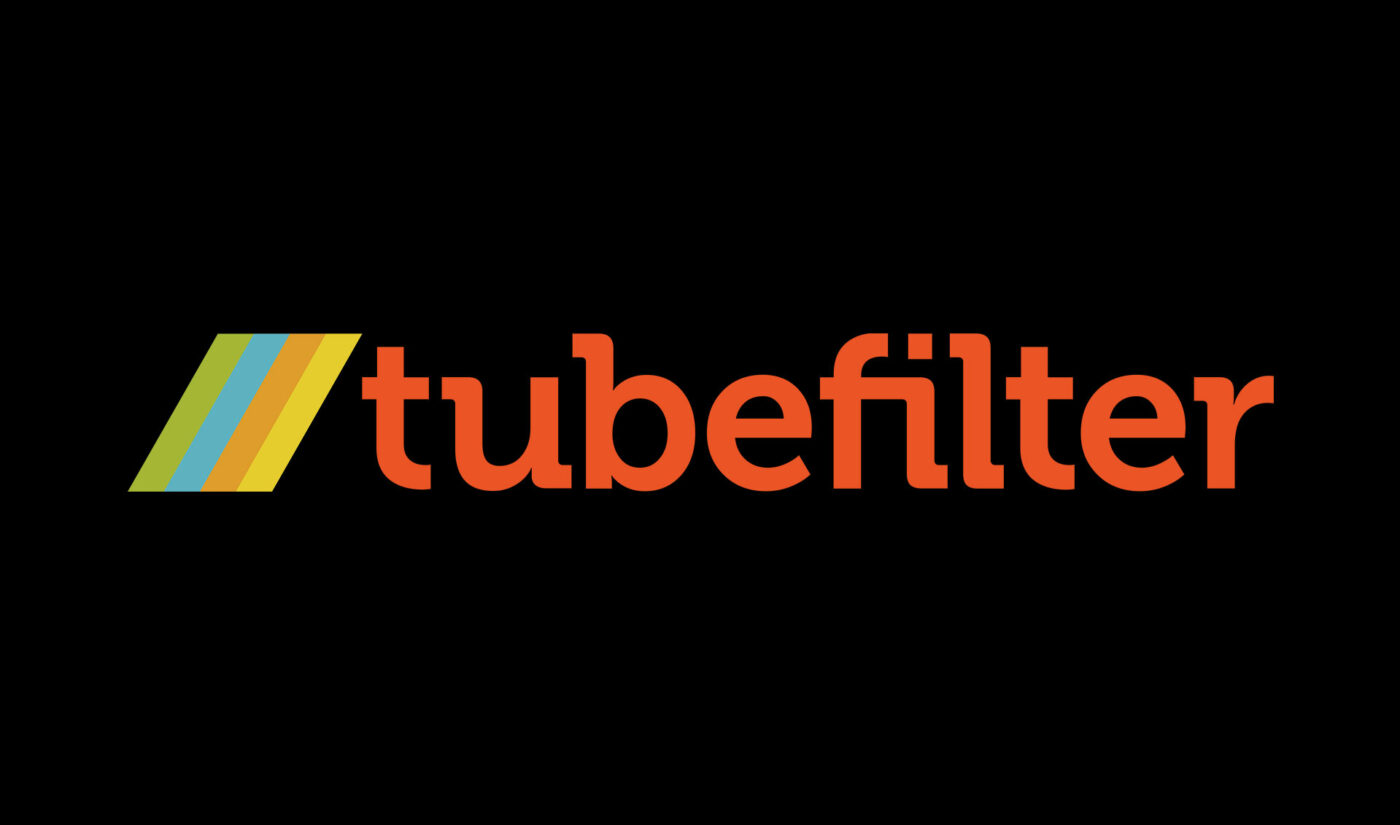Liberals dreamt of Canada.
In August 2002, Michael Moore’s, Bowling for Columbine hit the theatres and gave further fuel to the ex-pat bandwagon. From New York to Seattle, people talked about heading North to a land where health care was affordable and freedom meant “freedom for everyone.” In the eyes of many Americans, Canada was our really cool, really smart older sister, who didn’t let her natural beauty go to her head. America, in anthropomorphized terms, was the younger child, who had a serious weight problem and some trouble making friends.

Subscribe to get the latest creator news
Six years later, many liberals in America are dismayed to see our big sister suffer from the ageing process. In 2006, Canada’s political climate took a hard right turn and some unflattering signs of old age, say greed or belly fat, started to appear. As to be expected, the Bush Administration encouraged Canada’s new political discourse.
While sisterly love between the U.S. and Canada is far from new, the two countries have bonded over an emerging sweet tooth, i.e. the oil sands of Alberta.
The producers of VBS.TV (which was fashioned by the founders of VICE magazine and Spike Jonze) have created The Toxic Series, which seeks to shed led on “environmental injustice[s] that are often ignored including economic conditions, social impacts, and corporate politics…” The Series explores environmental disasters in Alberta, Brooklyn and West Virginia. The Toxic Alberta webisodes are by far and away, the best of the lot.
Toxic Alberta is a 15-part series (plus an update) hosted by VICE Films director, Eddy Moretti. In 3-6 minute episodes, Moretti unravels the story behind the oil sands in Fort McMurray, Alberta. Like a boom town in the Wild West, a modest community of 70,000 people, turns into the financial epicenter of Western Canada and the country’s biggest polluter.
Separating the sand from the oil is not only environmentally unsound, it’s also an extremely expensive process. But with the price of oil hovering around $100 per barrel, big sister’s reserves begin to look like a viable option.
Moretti covers the oil sands from both a micro (everyday people affected by the industry) and macro perspective (environmental damage on a worldwide scale). His quick wit and social grace shines throughout the series; he definitely has a talent for soliciting unadulterated, genuine responses:
VBS states, that “by focusing our stories [Toxic Series] around a human element, we create a window of empathetic understanding beyond numbers and facts.” One cannot deny that the Toxic Series is effective as an “empathetic” set of stories about legitimate environmental concerns.
Unfortunately, empathy cannot replace content, analysis or even “facts.” Moretti fails to use his charm to the best of his ability; his questions are often mundane and his analysis was far from provocative. (In a similar vain, the host of the West Virginia and Brooklyn series, Derrick Beckles, often appears uninformed while conducting interviews.)
At one point, Moretti climbs atop a heap of processed oil sand and says, “Welcome to Alberta, welcome to the future of oil. It sucks. It really fucking sucks.” This comment reminded me of a different VBS video, where Suroosh Alvi (another VICE co-founder) visits the border wall between Israel and the Palestinian territories and says, “You realize just how irreconcilable the situation is… How fucked it is.”
VBS does a great job of bringing fucked up, sucky, unfortunate but newsworthy stories to the web. But they fall just short of making an entertaining web video in itself a newsworthy product. I want to see Moretti move fluidly from the role of fearless citizen journalist to a hard-hitting reporter worthy of a Peabody.








